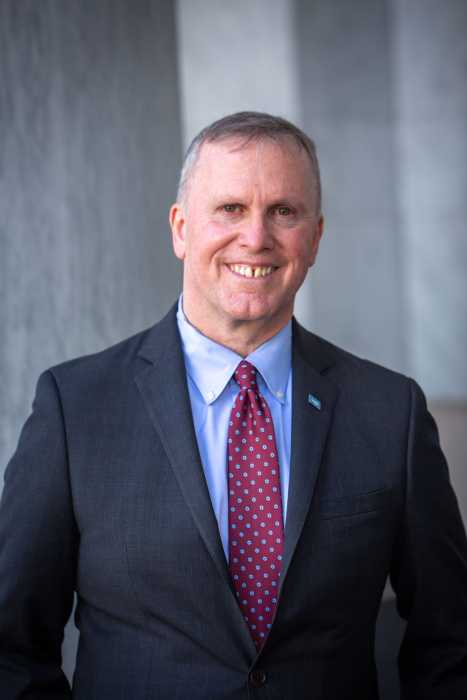Michael Adams is the CEO of Services and Advocacy for LGBTQ Elders (SAGE), the world’s largest and oldest organization dedicated to improving the lives of LGBTQ+ elders. Prior to joining SAGE, Adams was the director of education and public affairs for Lambda Legal. Previously, he spent a decade leading cutting edge litigation that established new rights for LGBTQ+ people, first as associate director of the ACLU’s Lesbian and Gay Rights Project, and then as deputy legal director at Lambda Legal.
Nonprofit organizations are the heartbeat of positive social change in New York. Across the city and state, nonprofit leaders work tirelessly to create a more inclusive, equitable and compassionate home for all New Yorkers. The PoliticsNY and amNY Metro Nonprofit Power Players list looks to highlight these dedicated leaders championing causes from accessible education to affordable housing and everywhere in between. These leaders and their organizations work at the intersection of public policy, finance, administration and progress to build a more equitable and engaged New York. Today, we shine a spotlight on the nonprofit movers and shakers and their organizations that demand the city evolves with the people.
By Lea Tomaswick & Isabel Parigi
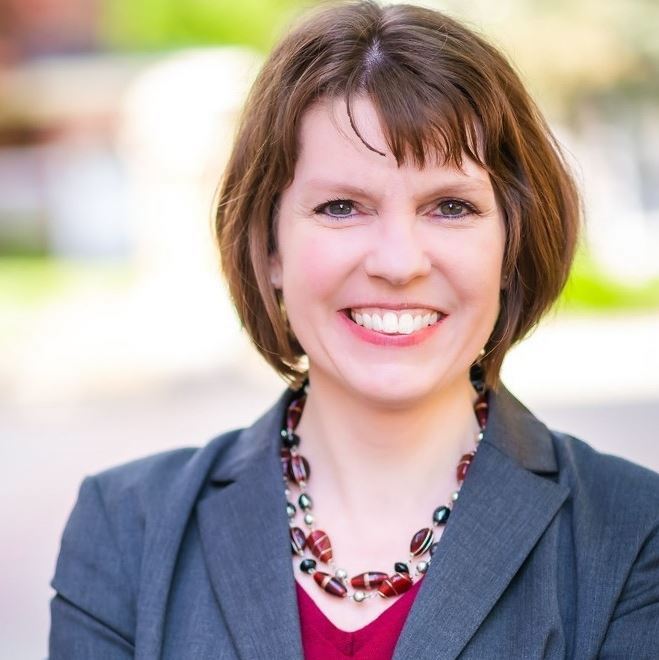
Megan Allen
CEO, New York Council of Nonprofits, Inc.

Megan Allen is CEO of the New York Council of Nonprofits, Inc. (NYCON), a nonprofit organization working to develop and promote an effective and vibrant charitable community throughout New York State. With more than 3,200 members, NYCON empowers nonprofits through education, capacity-building support, advocacy and more. Megan also serves as CEO of Board Strong, Inc., an NYCON affiliate that helps nonprofit organizations achieve the highest standards of board leadership, governance and oversight.
Was there something or someone that inspired you to pursue a career in the nonprofit sector?
I started my professional career as a newspaper reporter, and though I’m very grateful I had that experience, early on I decided it wasn’t the path for me. To decide which new career to try, I reflected on everyone I had interviewed and remembered meeting an executive director of a local volunteer center. The idea of helping the world through the nonprofit sector sounded amazing to me and became my career goal from then on.
What is the proudest moment of your career so far?
I’m just getting started in my career at NYCON, but a member recently thanked me for everything I’m doing to advocate for and help nonprofits; she said it’s obvious I care about the sector. Her comments made me feel that I’m on the right track.
What policy changes could be made to aid in your work within the nonprofit sector?
While nonprofits strengthen local economies and provide critical support, New York State’s investment in the nonprofit sector has lagged for decades. Common challenges with state funding that have persisted for years include:
- State funding typically doesn’t cover the full cost of services expected.
- Payments are often delayed.
- State funding requires a cumbersome paperwork process.
Policy changes to address these issues would help ensure nonprofits’ critical support can continue.
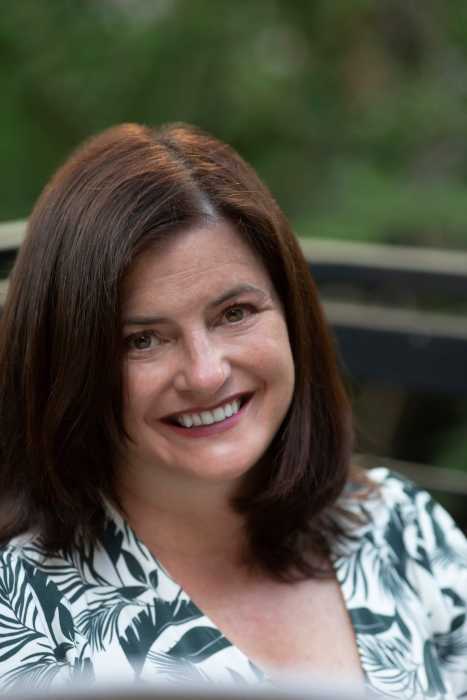
Meg Barnette
President and CEO, Nonprofit New York

Meg Barnette has served as the president and CEO of Nonprofit New York since May 2020. Her previous roles included chief strategy officer and general counsel at Planned Parenthood in New York City; chief operating officer at the Brennan Center for Justice; founding staff member at the Community Development Venture Capital Alliance, and Skadden fellow at Lawyers Alliance for New York. Meg is a graduate of NYU School of Law and the University of Chicago.
Was there something or someone that inspired you to pursue a career in the nonprofit sector?
I have been blessed with many remarkable mentors and colleagues and am inspired every day by the fabulous team at Nonprofit New York. When things get messy and the way forward is unclear, I often take a breath and spend some time thinking about what Herb Sturz might do. Remembering Herb always makes me smile and is often a source of good guidance.
What is the proudest moment of your career so far?
Enduring change is only achieved through collective action. The things I’m most proud of have always involved collaboration and connection. A common theme in every position I’ve had is a concentrated effort to ensure that the way an organization is working is aligned with the values and vision that drive the work the organization is doing
What policy changes could be made to aid in your work within the nonprofit sector?
Nonprofits drive NYC’s economy; create and maintain crucial social supports; help communities make meaning, art, and change together; and facilitate civic engagement necessary in a flourishing democracy. Our ability to thrive, innovate, and sustainably show up for communities often depends on decisions made about us without us. Public and private funders should make nonprofits central to the development and implementation of solutions. We deserve the respect and support necessary to build real and impactful partnerships.
Avril Benoît
Executive Director, Doctors Without Borders/Médecins Sans Frontières
Avril Benoît is the executive director of Doctors Without Borders/Médecins Sans Frontières in the United States. Benoît joined the organization in 2006 and has held various operational management and executive leadership roles, most recently serving as director of communications and development. Throughout her career, Benoît has contributed to major movement-wide initiatives, including the global mobilization to end attacks on hospitals and health workers.
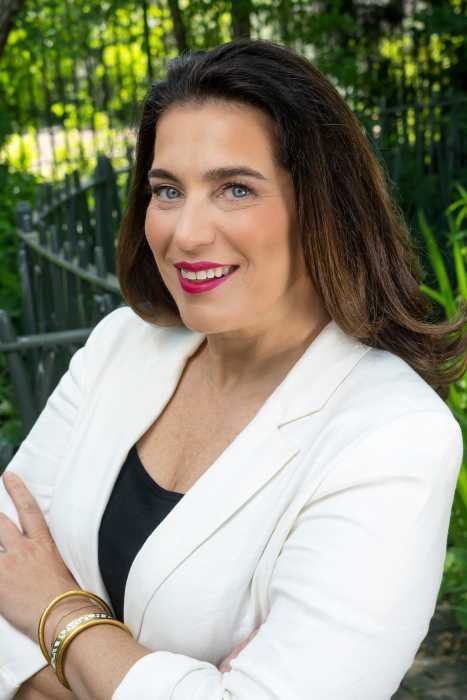
Lynn Bodnar Kelly
Executive Director, New York Restoration Project

Lynn joined New York Restoration Project (NYRP) in 2020, where she has overseen the creation of NYRP’s urban agriculture program, installation of a living shoreline, and expansion of the organization’s garden-building program called Gardens for the City. Prior to NYRP, Lynn served as the executive director of New Yorkers for Parks, president and CEO of Snug Harbor Cultural Center and Botanical Garden, senior vice president at the New York City Economic Development Corporation, and president of the Coney Island Development Corporation.
Was there something or someone that inspired you to pursue a career in the nonprofit sector?
My godfather, the Hon. Robert J. Gigante, who unfortunately passed away recently, inspired me early on as a teen. He spent his career in service to Staten Island whether in politics, volunteering for nonprofits or as a judge. He believed in the power of nonprofits and instilled in me the value of service to one’s community. I miss him greatly but feel lucky to have been mentored by him for so many years.
What is the proudest moment of your career so far?
There are two: As a New Yorker, I’m proud that I have a ride named after me, Lynn’s Trapeze, in Coney Island’s Luna Park. And, as someone who grew up in Staten Island, I will always remember the smiles on my parents’ faces as they watched me give the alumni graduation address at my high school, St. Joseph Hill.
What policy changes could be made to aid in your work within the nonprofit sector?
There are many but the most important I think is to create more opportunities for unrestricted, general operating funds for nonprofits. Our sector does amazing programmatic work that lifts communities and provides critical services where the private and public sectors can’t. We can’t do this, though, if we can’t keep the lights on and pay competitive salaries too.
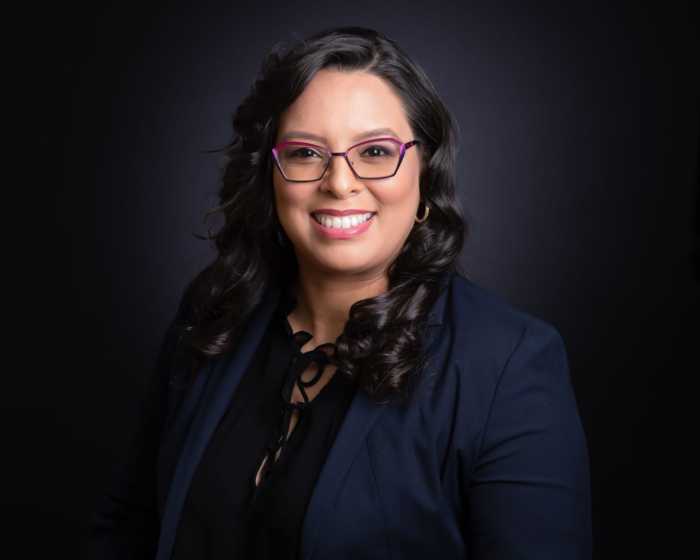
Grace Bonilla
President and CEO, United Way of New York City

Grace C. Bonilla, Esq. has a wealth of knowledge and experience in the nonprofit and public sectors. She joined United Way of New York City (UWNYC) as president and CEO in 2022 and has remained dedicated to ensuring all New Yorkers can achieve economic mobility and live a life of dignity. Through the organization’s core program areas, Grace connects New York’s most vulnerable communities to preventative health care, education programs, food benefits, and mental health support.
Was there something or someone that inspired you to pursue a career in the nonprofit sector?
Born and raised in Queens, I witnessed firsthand the pressing needs within our communities. Inspired by the resilience of my neighbors and the belief in the transformative power of community support, I’ve dedicated my career to shaping key policies that alleviate challenges in our city. I am constantly inspired by the resilience of New Yorkers and look forward to serving them further as we build a more inclusive and compassionate society.
What is the proudest moment of your career so far?
In my first year at UWNYC, we distributed 14 million pounds of food to families in need. We hosted nearly 1,000 wellness events across the five boroughs and delivered over 70,000 books and 5,000 stocked backpacks to kids in our public school system. This is just the tip of the iceberg, and none of it would be possible without the incredible support of our whole staff and our hundreds of community partners.
What policy changes could be made to aid in your work within the nonprofit sector?
We believe in the power of collective action, and cross-sectoral partnership between nonprofits, government, and philanthropic partners to improve the lives of New Yorkers. We’d love to see the passage of an improved Farm Bill at the federal level, a strengthened and more inclusive food benefits program, and deeper investment from city and state-level government in the evidence-based community solutions that we know work.
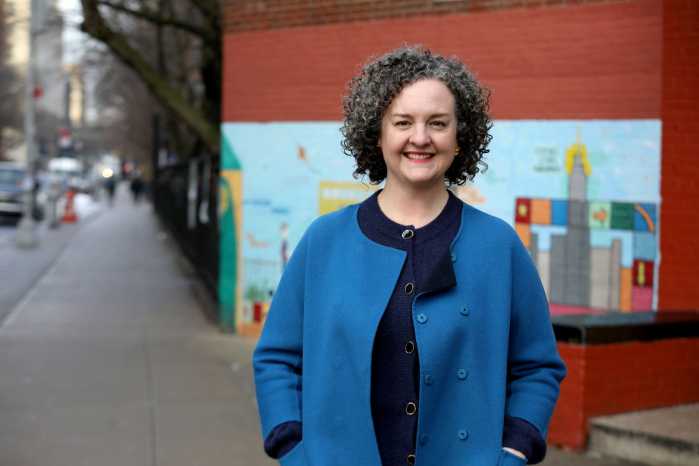
Courtney Bryan
Executive Director, Center for Justice Innovation

Courtney Bryan’s lifelong commitment to justice reform and community change is reflected in a varied career that took her to law school, work in public defense and philanthropy, and the Center for Justice Innovation, where she learned firsthand the importance of collaborating with communities in implementing lasting change. Her roles at the Center have included serving as director of the Midtown Community Court, staff director of the first Lippman Commission, and currently as executive director.
What is the proudest moment of your career so far?
The proudest moment of my career so far has been contributing to the work of the first Lippman Commission as staff director and seeing it persuade the City to commit to closing the jails on Rikers Island. I’m excited to be serving as a commissioner on the relaunched Lippman Commission and that the Center will be providing vital research and support.
What policy changes could be made to aid in your work within the nonprofit sector?
First, nonprofits need access to no- or low-interest loans while waiting for City payments. Private, government, and nonprofit sectors must work together to find innovative solutions, otherwise nonprofits must delay work or rely on high-interest loans. Second, as the City relies more on community violence intervention programs, the City needs to provide staff — hired for lived experience with street and/or prison — with support, including workforce development and leadership training to minimize trauma and grow careers.
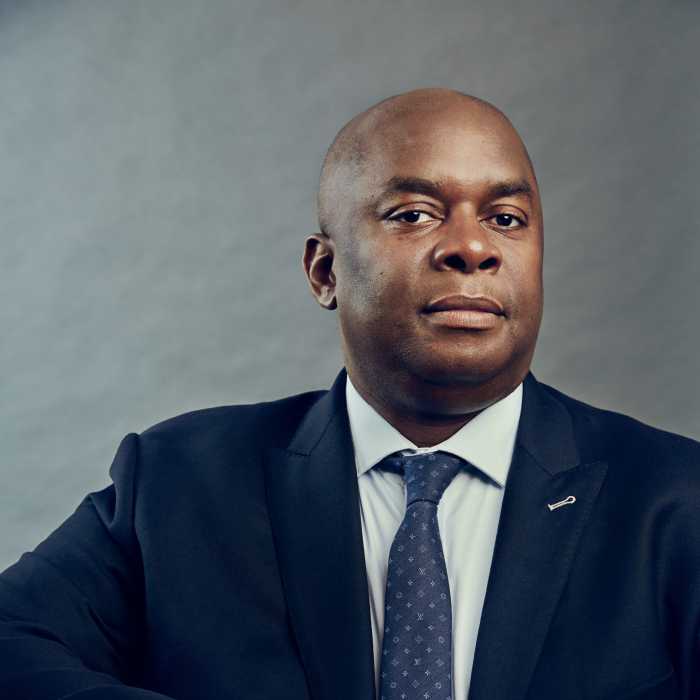
Richard R. Buery Jr.
CEO, Robin Hood

Since 2021, Richard R. Buery Jr. has served as the CEO of Robin Hood where he directs an annual grantmaking portfolio in excess of $130 million to combat poverty in NYC. He previously served as the city’s deputy mayor for strategic policy initiatives, where he played a central role in the creation of New York City’s “Pre-K for All” initiative. Previously, Rich served as the chief executive at the charter school network, Achievement First, as well as in executive roles at KIPP, Children’s Aid, the Brennan Center at NYU’s School of Law, iMentor, and Groundwork. Having spent his career fighting to advance equal opportunities for families and communities often left behind, Richard understands the potential impact of nonprofits and their place in the day-to-day lives of New Yorkers.
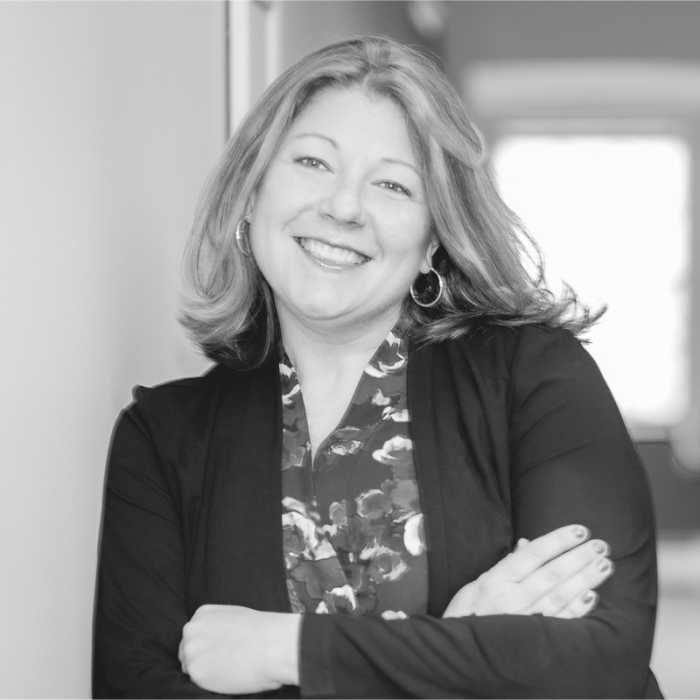
Christina Byrne
Executive Director, St. Francis Friends of the Poor

Christina Byrne is the executive director of St. Francis Friends of the Poor, the first permanent supportive housing provider for people who have experienced chronic homelessness and live with serious mental illness. She has 20 years of nonprofit leadership experience in a career dedicated to serving those most in need, working closely with public and private stakeholders to advocate for the people served and advance the mission of the work.
Was there something or someone that inspired you to pursue a career in the nonprofit sector?
A 9-year-old boy with developmental disabilities who used a wheelchair. His home did not have a ramp and, apart from school, he rarely left his home. Working with him and his mother to make their home accessible and give him the opportunity to experience life outside of his room, was life-changing for all three of us, as I pivoted from pursuing a law degree to getting my master’s in social work.
What is the proudest moment of your career so far?
Being chosen as the first woman and non-sectarian to succeed the founders, Franciscan Friars, to lead St. Francis Friends of the Poor. Earning the trust and respect of the hard-working and dedicated staff to build on over 40 years of success as we continue to ensure that the people we serve have the support they need to live their best lives.
What policy changes could be made to aid in your work within the nonprofit sector?
At a time when New Yorkers see unprecedented growth in the number of homeless people living with severe mental illness, the single most important policy change is to make it easier to build more affordable, permanent supportive housing – a proven solution that saves lives and taxpayer dollars.
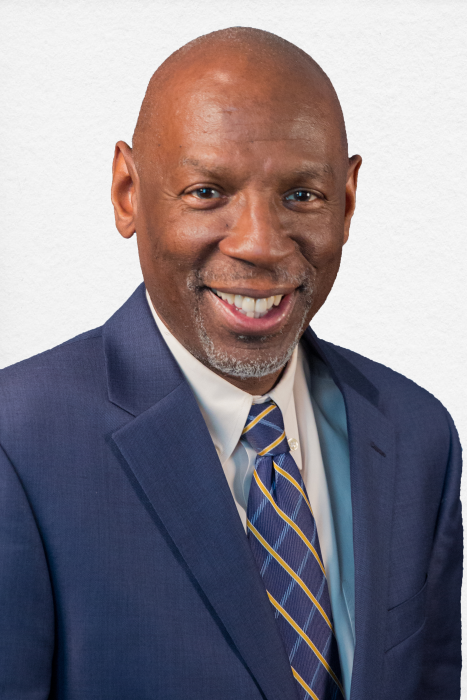
Geoffrey Canada
Founder and President, Harlem Children's Zone

An innovator in the field of education and place-based work, Canada has made it his life’s mission to help young people from under-resourced communities succeed through education. To realize his vision, he created Harlem Children’s Zone, a comprehensive, cradle-to-career network of programs that serves more than 34,000 children and families in a 97-block-and-growing area of Central Harlem.


